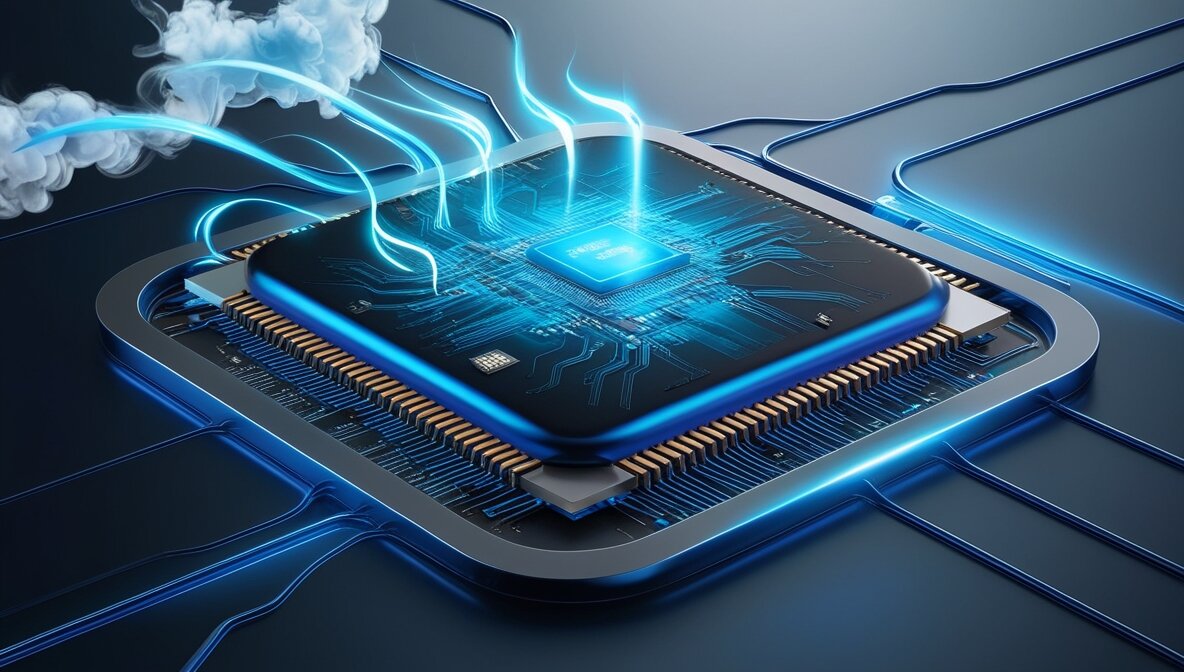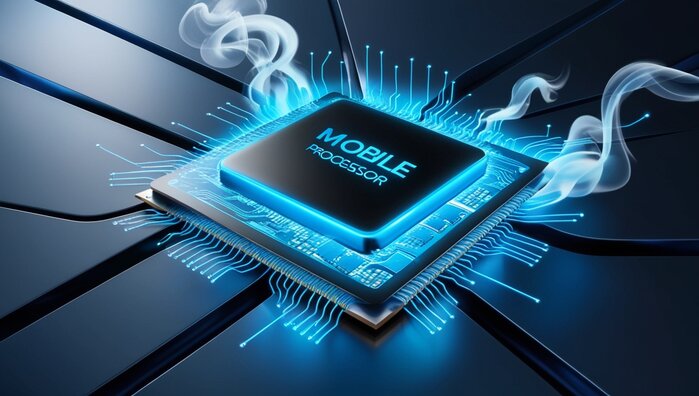What does the processor do in mobile
Friends, today I will explain what the processor does in mobile phones and why it is so essential. The processor plays a vital role in both mobile phones and computers. The better the processor in a mobile, the faster and smoother the device functions.
Table of Contents
ToggleIf your mobile takes time to start, lags when opening or closing apps, frequently heats up after short usage, or hangs often, it indicates that your phone’s processor is not efficient.
Basic Information
A Microprocessor is a hardware component responsible for processing digital data and enabling the mobile phone to execute your commands. It runs programs on your device quickly and smoothly, enhancing user experience. The speed and capability of a Microprocessor in Android phones make them fast and efficient.
There are various types of mobile Microprocessor, such as Dual-core, Quad-core, Octa-core, and Deca-core.
Let’s understand what “Core” means:
- Dual Core: 2 cores
- Quad Core: 4 cores
- Octa Core: 8 cores

The more cores a Microprocessor has, the faster it performs. For instance, if one person takes 10 days to complete a task, having two or four people for the same task might complete it in 3 days. Similarly, more cores mean better performance.
When buying a mobile phone, you might hear terms like 10nm, 8nm, or 12nm Microprocessor in reviews. Let’s understand what “Nanometer (nm)” refers to.
What is Nanometer in Processors?
When a Microprocessor is designed, its architecture includes billions of transistors. The length of the transistor gates is measured in nanometers. A smaller nanometer value means a more powerful and efficient processor that consumes less power. As the nanometer size decreases, the Microprocessor becomes faster and better.
Popular Processors and Their Nanometer Size:
- Qualcomm Snapdragon 720: 8nm
- Qualcomm Snapdragon 845: 10nm
- Qualcomm Snapdragon 865: 7nm
- MediaTek Helio G85: 12nm
- Apple A12: 7nm
Functions of a Mobile Processor:
- Communication:
The primary role of the Microprocessor is to manage mobile communication. When you make calls or send messages, the processor interprets signals and transmits data to the correct channels. Without the Microprocessor, your phone cannot handle communication. - Running Apps:
The processor is responsible for running applications on Android phones. For instance, when you open a photo editing app, the Microprocessor processes the required data to open and run the app efficiently. - Gaming:
For mobile gaming, the Microprocessor plays a crucial role. High-end games like PUBG, Free Fire, etc., require processors that can handle intense graphics and deliver a smooth gaming experience.
Future of Processors:
Advanced processors are being developed to make mobile phones faster, safer, and more efficient. In the future, Microprocessor integrated with more innovative technologies will offer enhanced user experiences.
Conclusion:
The Microprocessor is an essential component in Android mobile phones that ensures smooth functioning. Without it, the device would not be able to perform tasks or provide communication features. Advanced processors will continue to simplify and enhance our lives in the future.
FAQs:
- What is a processor in a mobile phone?
A Microprocessor is the main hardware component in an Android phone that Microprocessor digital data and executes tasks. - Can a mobile phone work without a processor?
No, a mobile phone cannot function without a Microprocessor. It is necessary for running programs and managing communication. - What features are supported by a processor?
Microprocessor support features like 5G connectivity, high-speed processing, AI and machine learning, and advanced graphics performance. - Does the Microprocessor speed affect the phone?
Yes, the Microprocessor speed directly impacts the phone’s performance. Faster Microprocessor ensure a smooth and quick user experience. - What is the future of Microprocessor development?
The future holds more advanced Microprocessor that will enhance the speed, efficiency, and functionality of mobile devices.






